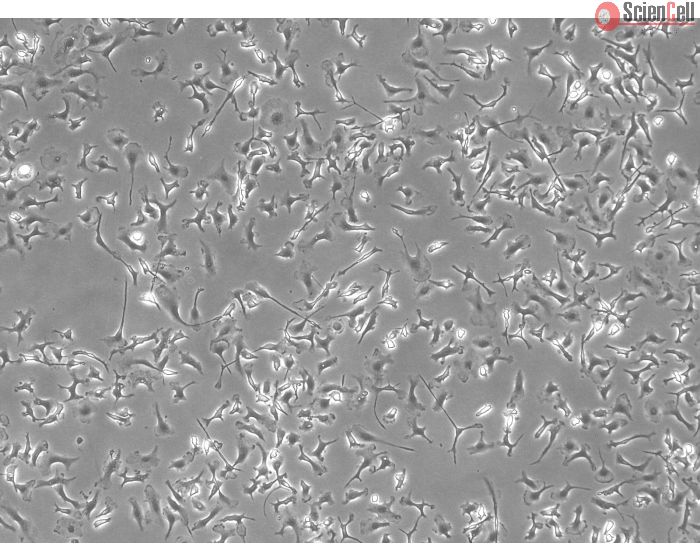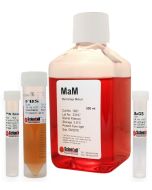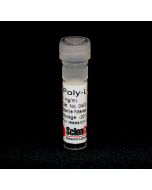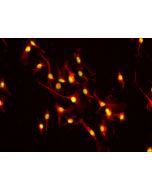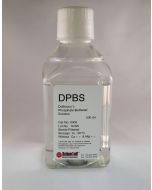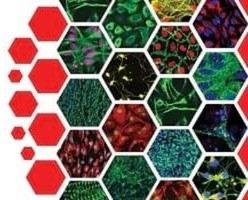Mouse Hepatic Macrophages from CD1
Catalog No.
M5340
MHMa from ScienCell Research Laboratories are isolated from postnatal day 2 or postnatal day 8 mouse liver. MHMa are cryopreserved at P0 and delivered frozen. Each vial contains > 1 x 106 cells in 1 ml volume.
$387.00
In Stock
